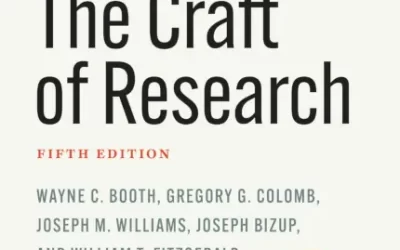Although reviewers are aware of the time and energy authors spend preparing their work, factors such as stress and impatience sometimes lead to less than ideal commentary. Kakoli Majumder, a Senior Writer and Editor at Editage Insights, has studied this issue and presents some helpful tips in her Peer Review Week webinar, “Making Peer Reviews More Sensitive and Meaningful to Authors.” Majumder is passionate about helping researchers, especially non-native English speakers, overcome language barriers and achieve publication in international journals. Based on original research she published this year, the webinar explores the challenges of quality peer review and what reviewers can do to communicate more effectively with authors. The valuable pointers include:
– Being mindful of the effort required to thoroughly read a manuscript, reflect on its strengths and weaknesses, and provide constructive criticism. Always check your calendar, and be sure to avoid agreeing unless you can commit to your best work.
– Making sure the subject of a critical remark is always the work itself, not its author. “This idea needs to be further substantiated,” is better than “The authors should have added more data.”
– Beginning each review by including a brief paragraph of positive commentary. Take note of the manuscript’s strengths, and let the author know that you have approached their work with balance and fairness.
The webinar presents the experiences of authors firsthand, collected from discussions and polls in online researcher communities. Authors were asked to share their experiences with negative comments. Some described feeling demoralized and hurt, while others felt defensive and frustrated. They most often felt negative emotions when their work was criticized without supporting evidence, or constructive remarks. The key to a quality review, according to this presentation, is remembering that honesty and sensitivity are not mutually exclusive. Rather than simply criticizing a research method or data presentation, always offer a suggestion for improvement. Great reviews that inspire authors to improve usually lead to better revisions. Majumder’s thorough presentation is worth a watch for anyone looking to upgrade the scientific community, one thoughtful review at a time.





